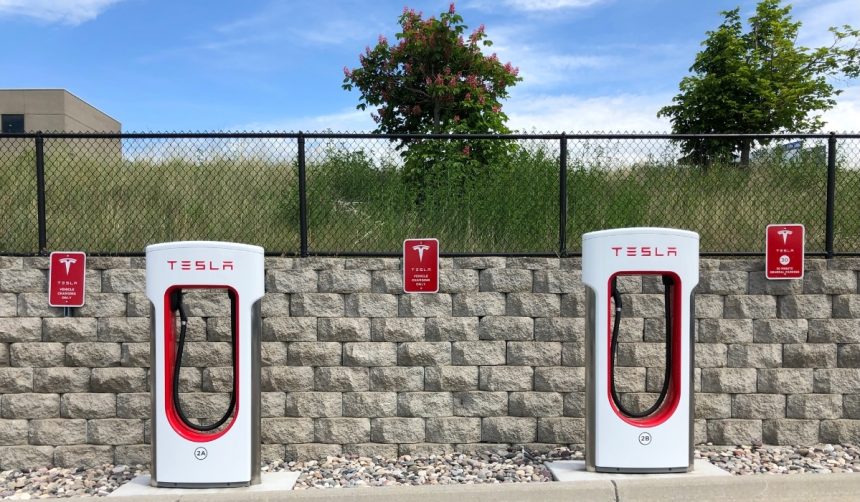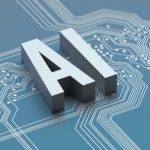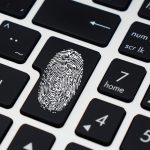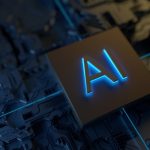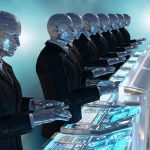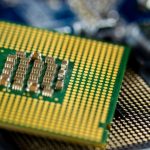Electric vehicle drivers frequently cite charging convenience as a deciding factor in going all-electric. With Tesla’s Supercharger network spanning thousands of locations worldwide, many automakers have inked deals to give their customers access. While several Volkswagen Group brands have integrated with the network, Volkswagen itself continues to postpone a rollout to its ID. Buzz and ID.4 owners due to unresolved compatibility issues. Those eagerly waiting for a unified charging experience find themselves facing more uncertainty as Volkswagen navigates technical roadblocks with Tesla’s hardware.
Volkswagen’s difficulties stand in contrast to other brands’ smoother adoption of Tesla’s North American Charging Standard (NACS). Audi and Porsche, both part of the Volkswagen Group, already allow their customers to use the Supercharger infrastructure in North America. News from earlier this year anticipated Volkswagen EV drivers joining that list by mid-2024, following announcements at events like CES. However, unlike the initial optimism, current reports indicate that the technical hurdles are proving more complex, delaying the rollout past expected timeframes. This series of postponements has extended the wait for Volkswagen EV drivers who originally expected to plug into the Supercharger network alongside their peers at other automakers.
What Is Causing Volkswagen’s Delay?
Volkswagen has attributed the holdup to technical difficulties unique to their vehicles’ integration with the Tesla Supercharger system. According to the company, achieving seamless cross-compatibility requires addressing certain challenges in both hardware and software, particularly around handshake protocols between Tesla chargers and Volkswagen’s electric vehicles. As a result, the company has yet to confirm a concrete timeline for when its ID. Buzz and ID.4 models will be able to utilize Tesla’s chargers.
How Are Customers Reacting to the Delay?
Volkswagen has acknowledged customer frustration and has asked for patience as engineers work on a solution. The automaker’s spokesperson offered reassurance:
“Volkswagen looks forward to making it possible for ID. Buzz and ID.4 vehicle owners to gain access to the Tesla NACS Partner Superchargers.”
However, the practical implications mean that Volkswagen EV drivers must continue to rely on alternative charging networks for the time being, as other Volkswagen Group brands are not affected. Meanwhile, customers are encouraged to stay tuned for further updates regarding the official release schedule.
What Solutions Are Planned for Volkswagen EV Owners?
To bridge the compatibility gap, Volkswagen intends for its EV owners to use a dedicated VW adapter once access to the Tesla Supercharger network is enabled. The company remains committed to delivering integration within the year, emphasizing ongoing technical collaboration with Tesla’s charging team. As the automaker finalizes solutions, the spokesperson restated:
“The timeline has been delayed by technical challenges, and we ask for customers’ patience. We still expect to deliver access this year.”
No firm launch date has been communicated, and the adapter will likely be integral to initial connectivity.
Volkswagen’s drawn-out process highlights the real-world challenges car manufacturers face when harmonizing different charging protocols. Waiting customers may benefit from keeping an eye on software updates and official Volkswagen communications throughout 2024. For buyers considering an EV purchase, understanding the timeline for cross-network charging may influence brand decisions. As public charging agreements and technical standards mature, both automakers and their customers are likely to experience smoother transitions in future compatibility upgrades. Navigating these changes demands patience and awareness of the broader EV landscape.

